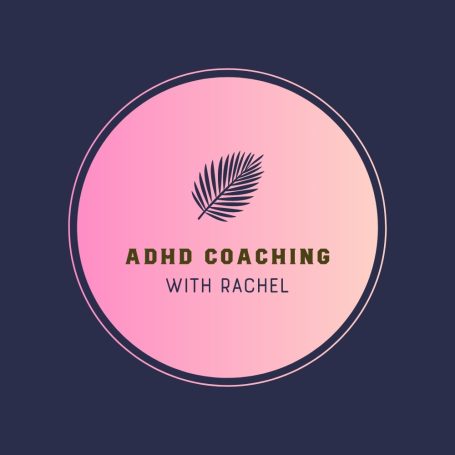Edges of the Picture: When Feeling “Too Much” Gets in the Way
I just came back from a family holiday that should have been simple and joyful. The days were sunny, the food was good, and we had that unstructured holiday feeling that felt like a reset. But this time was different. My son stayed with his grandparents — enjoying cycling, hill walking, a night camping, and extra attention — while I came home early with the dogs. There were practical reasons behind this choice. But when you live with Rejection Sensitive Dysphoria (RSD), practical reasons don’t always feel just practical. They can feel personal.
It felt like I was quietly written out of the picture. Not on purpose — but definitely. And even knowing why, the hurt was real and heavy. This isn’t the first time I’ve found myself on the edges of family plans. Subtle decisions made without me. Priorities shifted, so others are more comfortable, while I feel like a complication. When I try to speak up, it’s always the same: I’m too sensitive. I’m overreacting. I’ve said too much again. Suddenly, I’m the problem — not because of what happened, but because I noticed.
The only ones who never make me feel “too much” are my dogs. They are part of my family, my comfort. They’ve been with me through heartbreak, healing, and a trauma that changed everything. They don’t judge when I’m upset. They don’t roll their eyes at my feelings. I’m never too emotional for them, never too intense, never “overreacting.” They just stay. Every single time. So yes — I brought the dogs. And for practical reasons, that meant I couldn’t stay with everyone else. It wasn’t personal. But when you live with RSD, “not personal” still hurts. It feels like standing just outside the edges of the picture. When people around me don’t see why that hurts — or worse, suggest I’m dramatic for feeling it — the loneliness only grows.
Coming home was like crashing. My partner went back to work. My son stayed with grandparents. I had time off. But it didn’t feel restful. It felt lonely. The house was quiet. My bags are still unpacked. Everyone else slipped back into their routines. I was left carrying the ache and didn’t know what to do with it. The RSD hit fast. The overthinking spiralled. I pictured the laughter I wasn’t part of. The relaxed fun, the stories, the family meals — all better without me. My brain told me that things go smoother when I’m not around. That maybe I really am “too much.” And every minute, the story grew louder. I don’t want to believe those things. But RSD doesn’t ask permission. It grabs every insecurity and runs until fact and fear blur. Eventually, I stopped doing anything. Not resting, not functioning. I'm just waiting. Waiting for a message. Waiting for the storm to pass. Waiting to feel wanted again.
It’s a paralyzing place — ADHD waiting mode. Suspended. I scrolled, picked up things, and put them down. Didn’t even unpack. The silence wasn’t peaceful. It held its breath, daring me to prove I could hold mine longer. This is the invisible part. How even quiet, unspoken rejection roots itself deep inside and tells you to stay small and stay out of the way.
After a long wait, I finally forced myself to move. I left the house to be somewhere near the water to ground me. It didn’t erase the sadness. It didn’t undo the sting of exclusion. But it softened the edges, and I found a little breathing room for my heart. Sometimes, that’s enough.
If you’ve ever felt like you’re standing just outside the edges of the picture — watching others fit in while you wait for your place — you’re not alone. It’s okay to feel hurt. It’s okay to feel “too much.” It’s okay to need time and space to find your way back. Sometimes, the bravest thing we can do is show up for our feelings, even the hard ones, and trust they won’t overwhelm us.
To anyone holding that quiet ache right now — I see you.
If you’ve felt this way, it can help to know that what you’re experiencing often comes from Rejection Sensitive Dysphoria — that intense emotional reaction many of us with ADHD share. Naming it doesn’t make the feelings disappear, but it does give us a little power back. When we recognise RSD, we can start to tame it — to pause, breathe, and remind ourselves that these feelings are real, but not always the full truth. Understanding this is the first step in learning how to show up for ourselves with kindness and clarity.
If this blog resonates with you, I invite you to reach out, share your experience, or explore coaching support. Together, we can find strategies that help you honour your feelings, build resilience, and create the space you deserve — both inside your family and within yourself.
Want more support and practical tips? Subscribe to my newsletter for honest stories, coaching tools, and encouragement delivered straight to your inbox — a little boost whenever you need it most.
#ADHD #RejectionSensitiveDysphoria #MentalHealth #Neurodiversity #SelfCompassion #ADHDCoaching #EmotionalResilience #FamilyDynamics #HealingJourney
